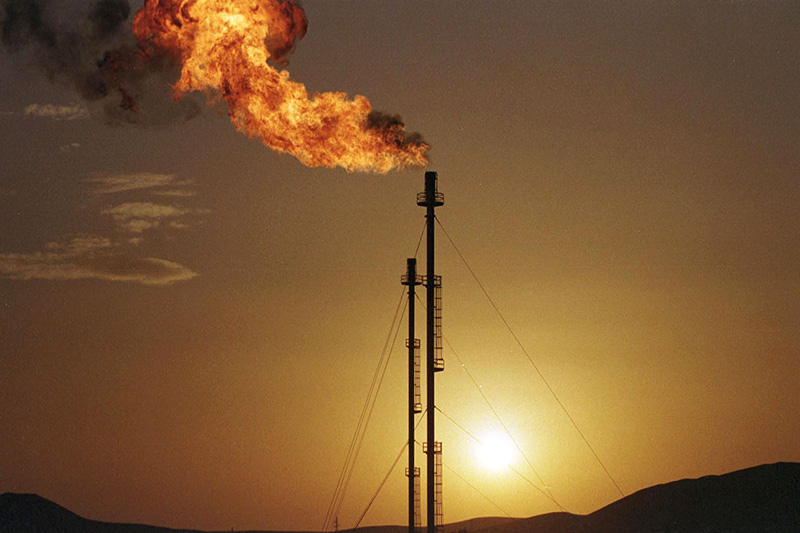LONDON (Reuters) - Britain's first fracked shale gas could flow this year after local government officials in northern England approved Third Energy's plans late on Monday to carry out fracking at an existing well.
Councillors in North Yorkshire voted in favour of the project on Monday after two days of hearings.
Third Energy said it could start fracking work, which involves extracting natural gas trapped in tight layered rock formations by injecting high-pressure water, sand and chemicals, before the end of the year.
"If this flows then we will need to assess how it performs for some months before making any conclusions," said Third Energy Chief Executive Rasik Valand.
Third Energy, which is owned by former employees of the Barclays (LON:BARC) Natural Resource Investments private equity business, is the first company in years to receive local government approval for a fracking permit.
Britain is estimated to have substantial amounts of shale gas trapped in underground rocks and Prime Minister David Cameron has pledged to go all out to extract those reserves to help offset declining North Sea oil and gas output.
Last year, competitor Cuadrilla Resources had two permits rejected by officials in Lancashire. Cuadrilla has appealed against the decision and the government has since changed the rules to have the ultimate say in shale gas related application.
Shares in fellow British shale gas companies IGas (L:IGAS) and Egdon Resources (L:EGRE) soared on Tuesday following the permit approval. IGas shares were up 25 percent and Egdon Resources traded 19 percent higher at 0957 GMT.
Cuadrilla, which is waiting for a government decision to grant permits, said it could flow first gas from fracking in mid-2017, placing Third Energy at the forefront of Britain's race to develop shale gas resources.
Only one shale gas well near Blackpool, in Lancashire, has so far been fracked in Britain but was later abandoned when some of the work undertaken triggered an earth tremor that resulted in an 18-month ban on the technology in 2011.
Many environmental campaigners are opposed to fracking, saying the technology can damage the countryside and contribute to climate change through carbon emissions.
"This isn't over and people will continue to raise their very valid concerns and keep fighting against fracking," said Daisy Sands, head of energy at environmental group Greenpeace.
